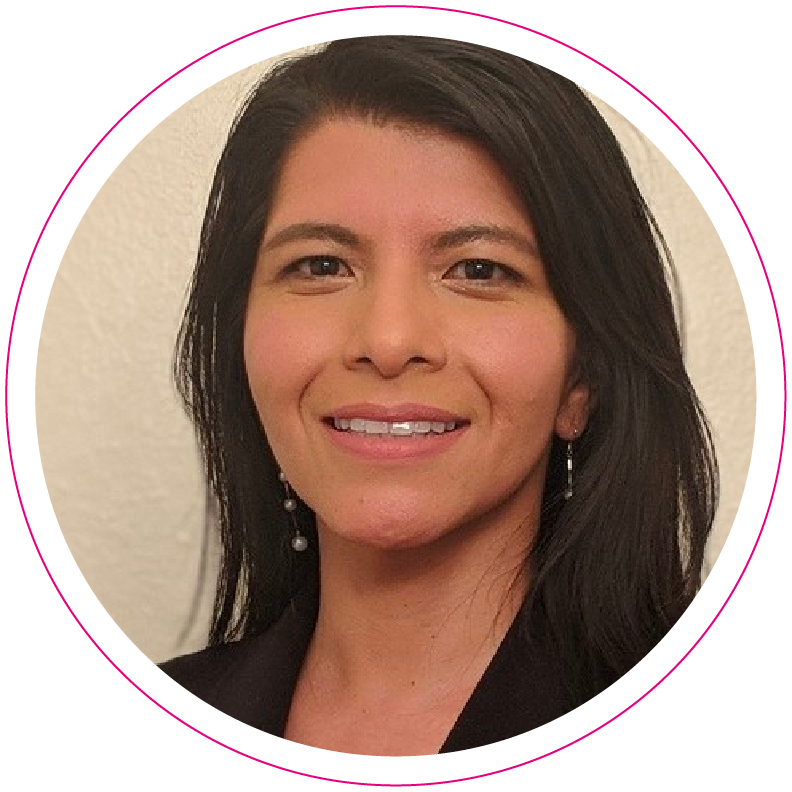Trilce Estrada
Navigating Challenges and Opportunities of AI-driven High Throughput Computing
As intelligent systems become pervasive and data production grows at a rate never seen before, a whole generation of scientific and medical applications is becoming increasingly reliant on Artificial Intelligence.
In this talk I present three case studies, where AI, High Throughput Computing, and computational science coexist, and highlight a roadmap in the pursuit of reproducibility, scalability, and trust. The talk delves into the pivotal role that machine learning plays throughout the entire lifecycle of High
Throughput Computing for scientific exploration – from optimizing resource utilization to fostering meticulous analysis and result discovery. While highlighting the merits of scaling scientific endeavors, we also address concerns related to the need for transparent and reliable algorithms. Safeguarding against biases that could inadvertently hinder results' credibility, and exploring techniques to understand how machine learning augments or impedes trust in research outcomes.
At the end, I hope to convey the importance of balance between harnessing the predictive power of machine learning while preserving the domain knowledge and context that underpin reliable scientific results.
.




